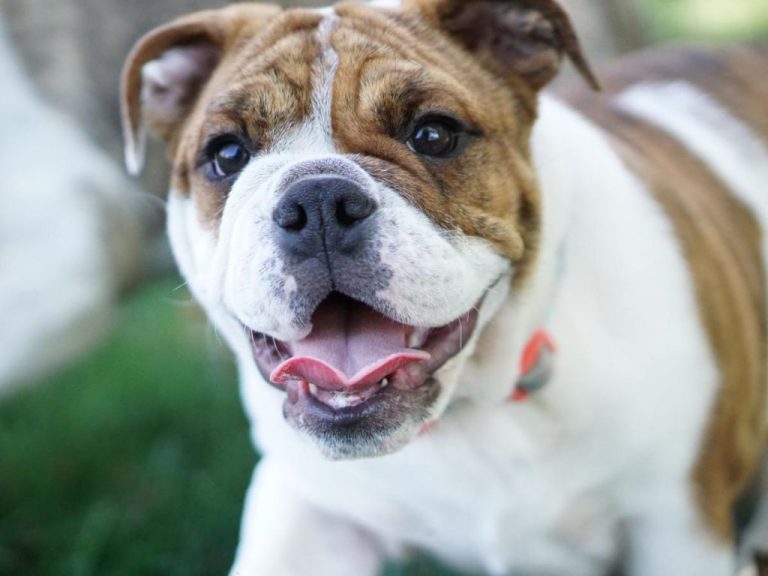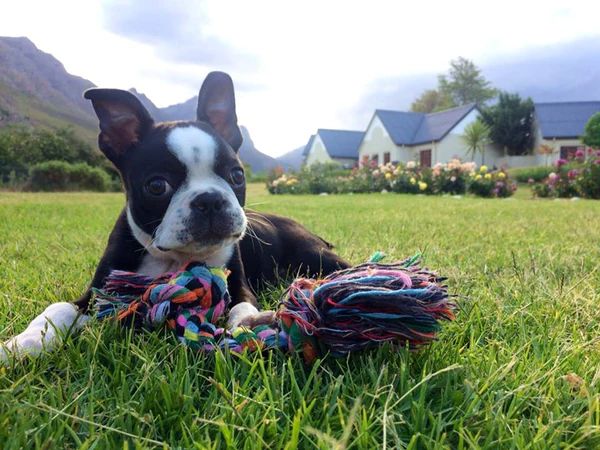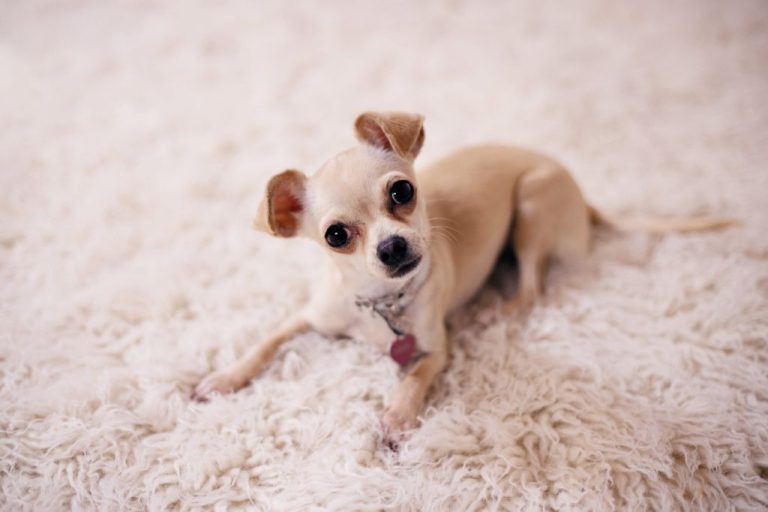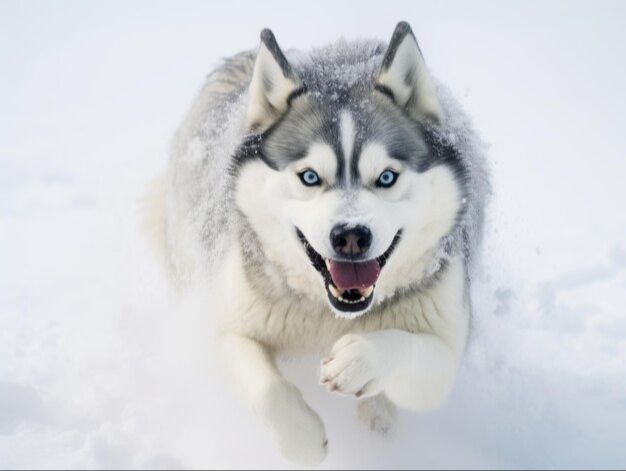Yorkshire Terrier: Delving Into The World Of Yorkies
The Yorkshire Terrier, also known as the Yorkie, is a popular and beloved small dog breed known for its long, silky coat and spunky personality. Yorkies originated from the Yorkshire area of northern England in the mid-19th century, where they were bred to hunt rats and other vermin in clothing mills and coal mines. They were developed by crossing various terrier breeds, likely including the Clydesdale Terrier, Skye Terrier, Paisley Terrier, English Black and Tan Terrier, and the now-extinct Leeds Terrier. https://jazzypuppypalace.com/about-yorkshire-terriers
The Yorkie was recognized by the American Kennel Club in 1885 and remains one of the most popular toy breeds today. These small dogs typically weigh between 4-7 pounds and stand around 7-8 inches tall at the shoulder. They have a compact, petite build with a medium-length silky coat that can be steel blue and tan or golden in color. The head is small and flat, with alert, v-shaped ears. Their coat requires significant grooming to prevent matting.
Yorkies are known for their big personalities in a small package. They are intelligent, brave, tenacious, and energetic dogs that form strong bonds with their owners. Yorkshire Terriers make excellent watchdogs despite their size, barking readily at anything unusual. They can also be affectionate lapdogs when properly trained and exercised. However, Yorkies may attempt to dominate other pets and need consistent training from an early age. Overall, the Yorkshire Terrier’s devotion and plucky spirit have earned this breed a special place in many hearts.
Yorkie Origins
Yorkshire Terriers originated in Yorkshire, England during the mid-1800s. They were originally bred as working dogs to catch rats and other vermin in textile mills and mines. The breed was developed by crossing various terriers including the now-extinct Paisley Terrier, Skye Terrier, and Clydesdale Terrier. The desired traits were a small dog with a long coat that could easily chase rodents through narrow passages but would not get caught on machinery or tunnels. Yorkshire Terriers were excellent hunters due to their energetic and feisty personalities along with their compact size.
The original Yorkshire Terrier breed was much larger than the Yorkies of today, weighing up to 14 pounds. Breeders selectively bred the dogs down in size for use in urban areas and homes. By 1870, the breed standardized at around 7 pounds as the ideal pet and companion. The long coated blue and tan terriers became hugely popular as fashionable lap dogs for the Victorian elite and their luxurious flowing coats were showcased in dog shows. The American Kennel Club officially recognized the Yorkshire Terrier breed in 1885.
Yorkie Size and Appearance
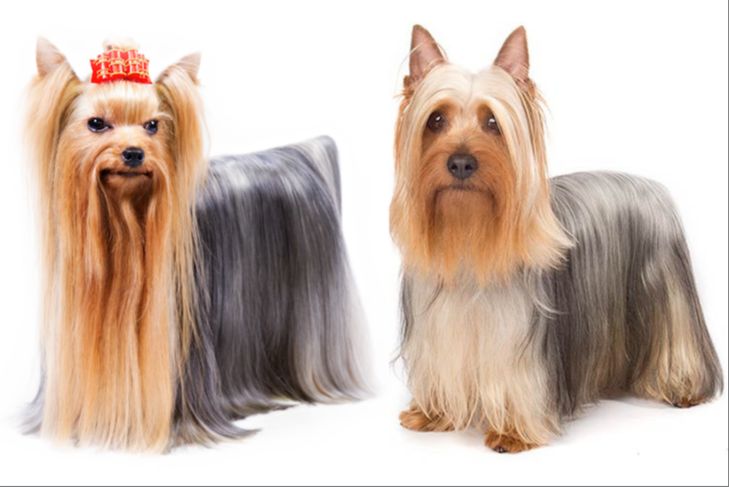
Yorkshire Terriers are one of the smallest dog breeds, averaging between 4-7 pounds and standing around 6-8 inches tall at the shoulder when fully grown. As puppies they weigh just a few ounces at birth, and mature to full adult size by 12-18 months old (Source).
The Yorkie has a long, silky coat that hangs straight and parts down the middle. Their fur is typically very fine, glossy, and soft to the touch. Yorkies come in a range of coat colors from black and tan, blue and tan, black and gold, and even solid black or blue (Source).
Distinctive features of the Yorkie include their compact body, relatively large head for their small size, slightly turned up nose, and erect triangular ears. Their tails are docked to a short stub in many countries, including the United States.
Yorkie Temperament
Yorkshire Terriers are known for their intelligent, affectionate, and energetic personalities. According to PetPlan, “Yorkies are a clever little dog with a huge personality and intelligence to match. They’re affectionate, devoted dogs that love human companionship.”
While their size may fool some into thinking they’d make great lapdogs, Yorkies are actually quite energetic and love to play. Yorkshire Terrier expert Your Purebred Puppy notes that Yorkies have “an energetic nature that belies their small size.” They enjoy brisk walks and active playtime.
In terms of temperament with children and other pets, Your Purebred Puppy explains that Yorkies “get along fine with older, considerate children” but may get accidentally injured by younger kids due to their delicate small size. They can do well with other pets if socialized from a young age, but some Yorkies may be inclined to “boss around” larger dogs.
Yorkie Care
Yorkshire Terriers require a moderate amount of grooming and exercise. Their long, silky coat is prone to tangling and matting if not brushed daily. Many Yorkie owners keep their dog’s coat trimmed short for easier maintenance. Yorkies only need a short daily walk or playtime to meet their exercise needs. However, they do enjoy being active and will happily join their owner on longer walks or hikes.
Some health issues common in Yorkies include hypoglycemia in puppies, collapsing trachea, luxating patellas, and dental issues like early tooth loss. Reputable breeders screen for genetic disorders like portosystemic shunt and retinal dysplasia. As with all small dogs, Yorkies are prone to periodontal disease and may require professional dental cleanings. Annual vet checkups and vaccines are important to monitor a Yorkie’s health. With proper care, Yorkies live 12-15 years on average (AKC).
Daily brushing, nail trimming, dental care, and limited treats are all part of providing excellent care for a Yorkshire Terrier. Their small size makes them adaptable to apartment living, but Yorkies still need daily exercise and mental stimulation. With their affectionate and lively personality, Yorkies thrive when cared for by attentive owners.
Yorkie Training
Yorkies are highly intelligent dogs, so training tends to be fairly easy with proper techniques and patience. Their intelligence means they pick up on commands and routines quickly. Yorkies yearn to please their owners, so positive reinforcement with treats and praise is key to reinforcing good behaviors during training.
Early training and socialization is important for Yorkies. Exposing them to a variety of people, places, sights and sounds from a young age will prevent fearfulness or anxiety later on. Ongoing socialization throughout their life is also beneficial. Consider taking your Yorkie to puppy kindergarten or obedience classes for both training and socialization.
Some potential challenges with Yorkie training include housebreaking, separation anxiety and barking. Their small bladder can make housetraining difficult. Using a crate, establishing a routine and rewarding successes can help. Yorkies are companion dogs who bond very closely with their owners. Separation anxiety when left alone can lead to undesirable behaviors. Crate training and interactive toys can help ease this. Lastly, Yorkies have a tendency to bark at strangers or sights/sounds. Consistent training is needed to curb excessive barking.
With their intelligence and desire to please though, Yorkies take very well to training. Starting early, being patient and using positive reinforcement sets the foundation for a well-trained, happy Yorkie.
Finding a Yorkshire Terrier
If you’ve decided a Yorkshire Terrier is the right dog for you, the next step is finding a reputable breeder or shelter to get one from. There are some key things to consider when choosing where to get your Yorkie:
Breeders vs Shelters: Both have pros and cons. Shelters often have adult Yorkies in need of homes, while reputable breeders focus on health and temperament in their breeding programs. But shelters have less background info, and breeders can have long waitlists.
Costs: Adoption fees at shelters average $50-$400, while breeder Yorkie puppies cost $1200-$1500 (rover.com/blog/yorkshire-terrier-puppies-everything-you-need-to-know/). Be wary of very cheap puppies, as they often come from puppy mills.
Waitlists: Quality breeders often have 6-12 month waitlists. Shelters receive new dogs regularly so may have less of a wait.
Do your research to find ethical shelters and breeders. Visit and ask questions about their breeding, health checks, etc. Be patient and selective – a well-bred Yorkie is worth the wait!
Bringing Home a Yorkie
Bringing home a new Yorkie puppy is an exciting time, but it’s important to be prepared. There are several things you’ll need to do to get your home and family ready for the new addition.
First, puppy-proof the areas where your Yorkie will spend time. Remove any small objects or toxins that could pose a choking hazard or danger to your pup. Designate a space just for your Yorkie with a crate, bed, food and water bowls, and toys.
Gather all the puppy supplies you’ll need ahead of time like a collar and leash, food and water bowls, puppy food, treats, grooming tools, pee pads or grass pad tray if you plan to paper or pad train initially. Having everything prepared will make the transition smoother.
Understand that bringing home a puppy means adjusting your routine. Be prepared for potty training, providing adequate walks and play time, and showing your puppy love through cuddles and training sessions. The first few nights your puppy may whine or bark while adjusting to the new environment. Patience and consistency will help them adapt.
Introduce your Yorkie slowly to any other pets at home to avoid territorial issues. Supervise all interactions at first. Bring your Yorkie to the vet within the first week for a wellness check-up. This will assure their health and allow you to address any potential concerns.
With the proper preparation and supplies, bringing home your Yorkie puppy will be an easy and fun transition for the whole family!
Yorkies as Pets
Yorkshire Terriers make great pets for people living in apartments or small dwellings. Their small size at just 7 pounds full grown makes them well-suited for limited spaces (The Spruce Pets). Yorkies don’t require a yard to play in, and a daily walk or indoor play session will meet their exercise needs.
Yorkies get along well with families, including children. However, their small size means they could get injured if play gets too rough, so supervision is recommended. Yorkies enjoy being with their family members and thrive on human companionship (Animal Behavior College).
One area of caution with Yorkies as pets – they should not be let off leash outside due to their tendency to chase small prey. Their hunting instincts are strong, so they will eagerly chase birds, squirrels, cats, or anything that runs from them. A fenced yard or leashed walks are best for safely containing a Yorkie’s explorations.
Famous Yorkshire Terriers
Yorkshire Terriers have become popular pets and companions for many famous figures throughout history. In pop culture and media, Yorkies have made memorable appearances in films, TV shows, commercials, and books.
One of the most iconic Yorkies is Toto from the classic 1939 film The Wizard of Oz. Toto was played by a female Yorkie named Terry and became ingrained in pop culture as Dorothy’s loyal sidekick on the journey to Oz. Other famous Yorkie movie characters include Bruiser in Legally Blonde and Gidget in The Secret Life of Pets franchise.
Yorkies have also been the preferred companions of many celebrities over the years. Socialite Paris Hilton frequently appears in public with her beloved Yorkie named Diamond Baby. Singer Britney Spears had two Yorkies named London and Hannah. Even former President Lyndon B. Johnson had a Yorkie named Her, who could often be spotted with him in the White House.
Fictional literary Yorkies also hold an important place in pop culture. Eddie from the Frasier TV series, as well as Louise in the comic strip Baby Blues, left their mark as some of the world’s favorite imagined Yorkies. With their spirited personalities, Yorkies have clearly found their way into the spotlight.

